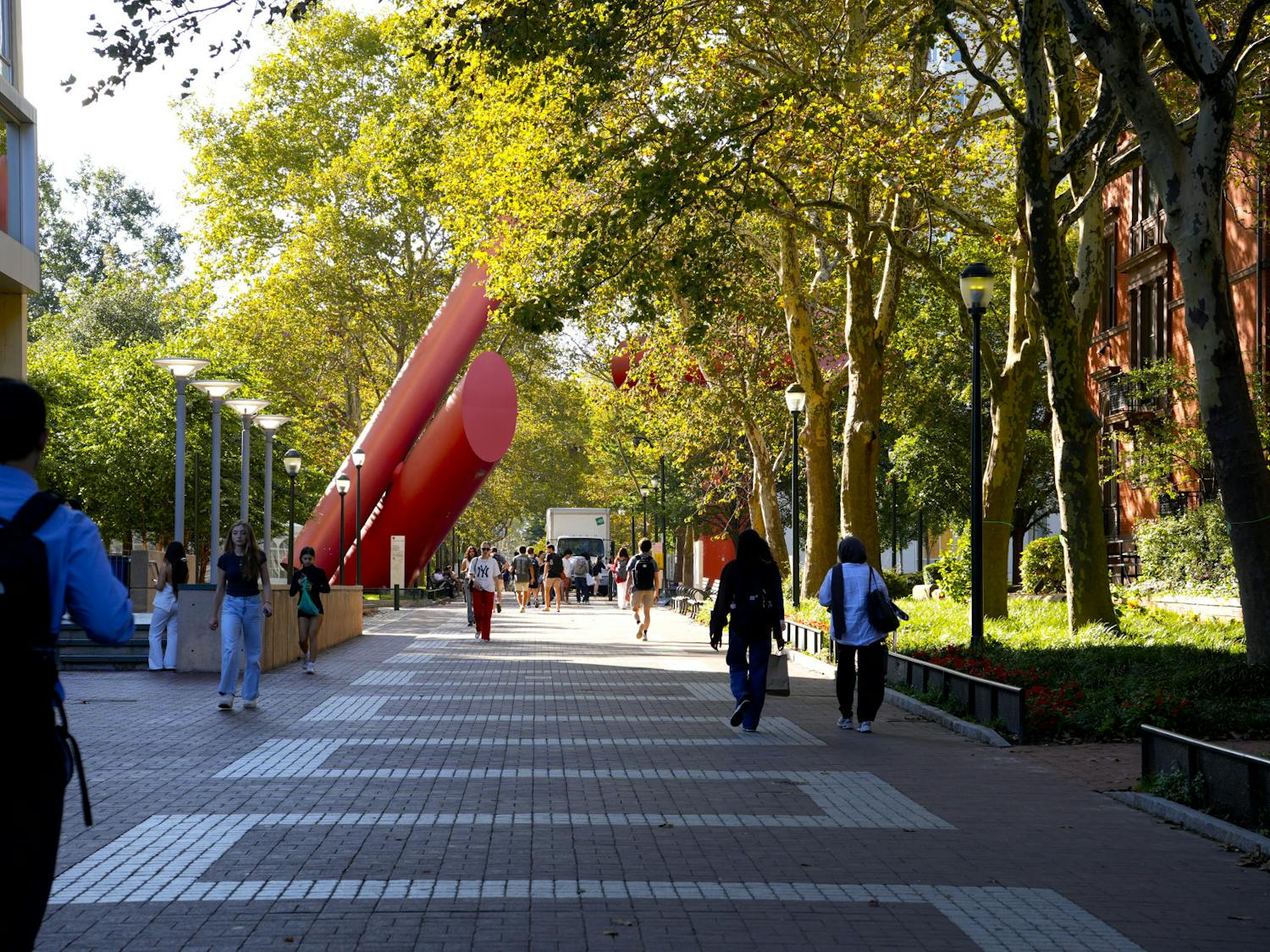Professor of Communication Kathleen Hall Jamieson’s book on Russian collusion in the 2016 presidential election recently won the 2019 Reginald Robert Hawkins Award on Feb. 7.
The book, "Cyberwar: How Russian Hackers and Trolls Helped Elect a President — What We Don’t, Can’t, and Do Know,” won the prestigious award at the Association of American Publisher’s Professional and Scholarly Publishing Conference. The book investigates Russian involvement in President Donald Trump’s successful 2016 election and its potential impact in the 2020 presidential election by drawing on a wide-range of sources from online posts to polling data, according to an Annenberg Public Policy Center press release.
Without the Russian hacking of candidate emails and fear-mongering on social media that may have swung voters in Trump’s favor, he probably would not have won the election, Jamieson told The Daily Pennsylvanian in October 2018.
“The arguments in 'Cyberwar' draw their strength from more than five decades of political communication scholarship,” Jamieson said in the press release. “This award is a testament to the insights generated by this cross disciplinary field.”
At Penn, Jamieson is director of the Annenberg Public Policy Center and a co-founder of FactCheck.org, an Annenberg-affiliated website which aims to “reduce the level of deception and confusion in U.S. politics,” according to its website.
The AAP selects the R.R. Hawkins award winner from winners in other subcategories of the PROSE awards. Jameison also won the 2019 PROSE Award of Excellence in the Social Sciences, beating out 48 other category winners for the prize.
“The book is scholarship at its finest, a narrative page-turner that could not be of greater consequence,” the PROSE judges said in an AAP press-release.









